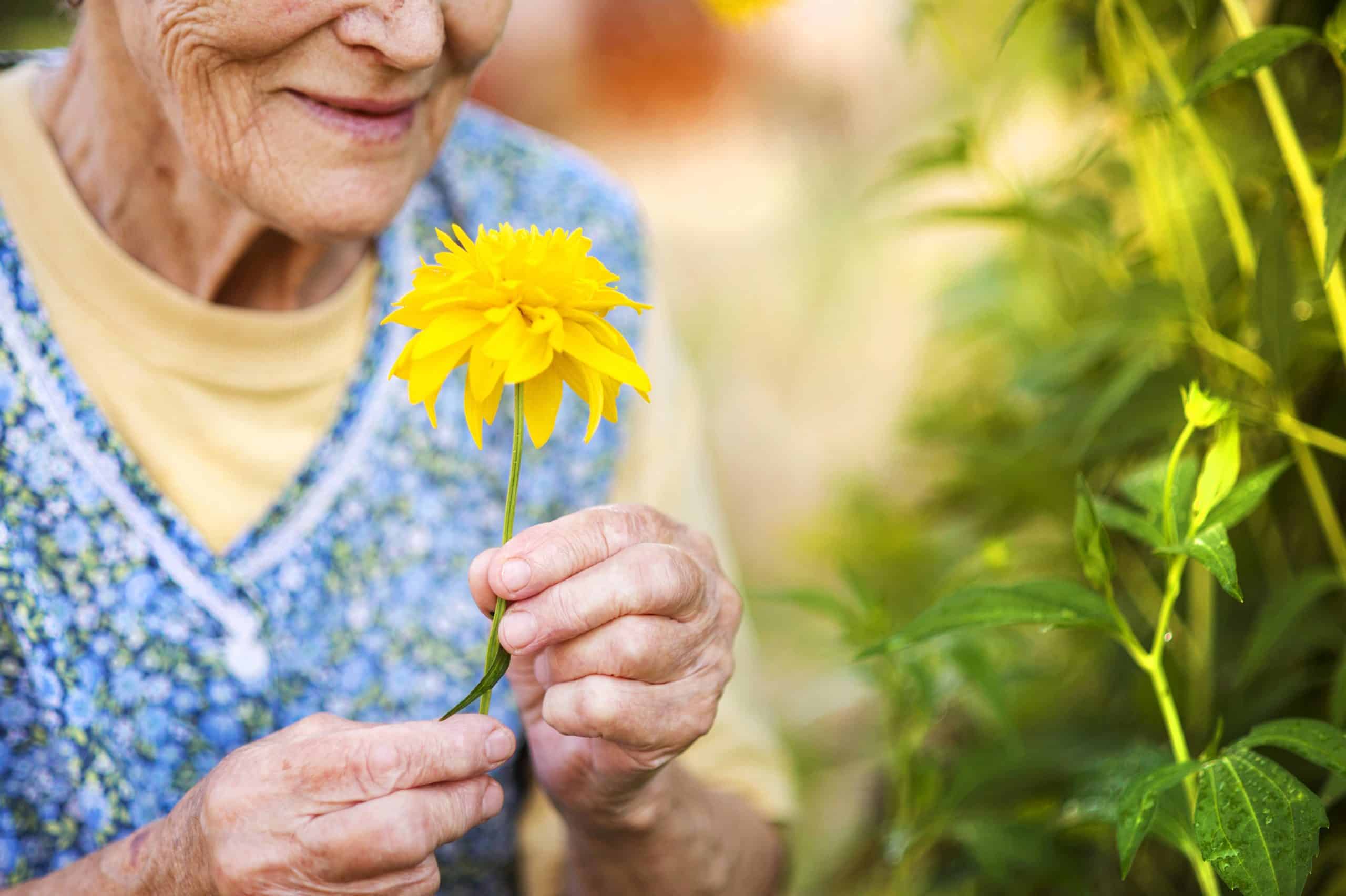
17 Aug Caregiver & Senior Tips for Severe Heat
Stay Cool with Caregiver & Senior Tips for the Hottest Months of the Year
In case you didn’t already notice (and how could you not?), August is hands down one of the hottest months of the year and that heat still continues well into September. While our communities across Texas hit peak temperatures, caregivers may be wondering if it’s safe to assist seniors in spending more time outdoors.
As with any year, there must always be heightened precautions when helping seniors with outdoor recreational activities during summer months. And while COVID-19 has significantly reduced our time outside of the house in general, it’s still important to put safety first when helping seniors get some much needed fresh air.
We’ve compiled the following tips to help caregivers and seniors safely spend time outside in the summer. In addition, we’ve also added some info on how caregivers can also help seniors save energy and money, since peak temperatures tend to come with peak utility bills.
Staying Safe, Hydrated & Cool in Hot Weather:
- Wear an SPF! 45+ is a good starting point, but check with your senior’s primary care physician on the recommended sun protection.
- Stay hydrated. Avoid coffee, tea, alcoholic drinks and sodas, and drink plenty of water throughout the day. Drink either water (top-recommended), 100% juice, or sports drinks high in electrolytes. Also try cooling snacks like frozen grapes or watermelon to help when dehydration starts to strike.
- Dress the part. Wear loose, light-colored cotton fabrics to reduce heat (avoid blacks and dark solid colors). When possible, wear a wide-brimmed hat and sunglasses for extra protection.
- Look out for signs of heat stress, which include headache, nausea, dizziness, breathing problems, rapid heartbeat, chest pain and fainting.
- Consider buying a small, portable fan for your senior to keep an extra breeze going.
- Plan ahead and try to pick outdoor areas with lots of trees and shade.
Avoid Summer Peak Times:
- During the summer, peak temperatures typically occur from 11am-6pm (varies by location).
- Turn off artificial lighting and electronic devices (these not only produce heat, but consumer energy).
- Conserve energy by closing blinds and windows during peak energy times.
- Don’t run large appliances like the dishwasher or laundry machine during peak energy times.
More Tips to Save Energy:
- Set the thermostat to a higher temperature (78 degrees or higher), or turn it off whenever you are not home.
- Clean or replace air filters regularly (every 2-4 weeks in the summer and 6-8 weeks in winter)
- Use cold water instead of warm water when washing clothes.
- Try to let dishes air-dry instead of heat-dry in the dishwasher.
- Ovens use more energy than microwaves and smaller toaster ovens, so try preparing a few meals a week with these more efficient appliances to save.
- Ensure fans are rotating in a counter-clockwise direction during the summer for cooler air.
Sources: Direct Energy, Daily Caring, Family Caregiver Alliance, A Place for Mom



